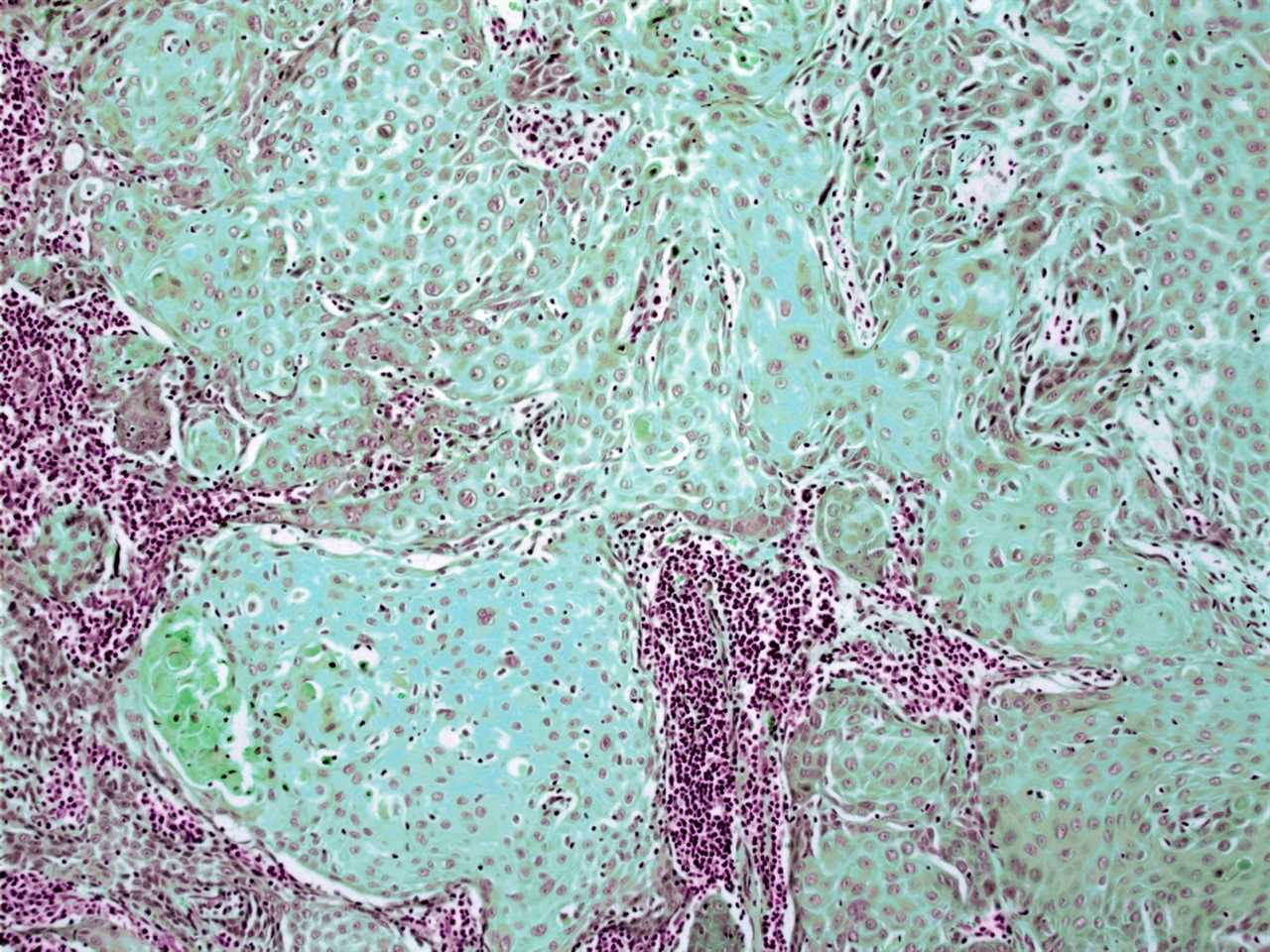CASES of mouth cancer have hit a record high in the UK, new data has revealed.
Rates of the illness have doubled in the last generation, with 8,864 cases being diagnosed last year.

Around 3,034 people in the UK lost their life to mouth cancer last year
Data from the Oral Health Foundation shows that this is an increase of 34 per cent compared to ten years ago.
This figure has also doubled within the last generation and experts are now urging people to become aware of the deadly condition.
Around 3,034 people in the UK lost their life to mouth cancer last year – a rise of 20 per cent in the last five years.
Dr Nigel Carter OBE, Chief Executive of the Oral Health Foundation said while most cancers are on the decrease, cases of the illness continue to rise at an alarming rate.
“Traditional causes like smoking and drinking alcohol to excess are quickly being caught by emerging risk factors like the human papillomavirus (HPV).
“The stigma around mouth cancer has changed dramatically. It’s now a cancer that really can affect anybody.
“We have seen first-hand the devastating affect mouth cancer can have on a person’s life.
“It changes how somebody speaks, it makes eating and drinking more difficult, and often changes a person’s physical appearance,” he added.
This month is Mouth Cancer Action Month and Dr Carter said it’s key that people recognise the signs, and see their GP if they think something isn’t right.
Mouth cancer can appear as a mouth ulcer which does not heal.
It can also present as red or white patches in the mouth, or unusual lumps or swellings in the mouth, head or neck.
Research shows that one-in-three mouth cancers are found on the tongue and almost one-in-four are discovered on the tonsil.
When keeping an eye out for the illness, you should also check the lips, gums, inside of the cheeks, as well as the roof of the mouth.
The experts said that in recent years, survival rates of the illness have barely improved.
Dr Catherine Rutland, Clinical Director at Denplan, part of Simplyhealth, says getting into a routine of checking for signs of mouth cancer at home is crucial.
Dr Rutland says: “If people can easily recognise the risk factors and what to look out for in terms of changes in their mouth, health professionals will also be able to catch cases earlier.
“Late diagnosis of mouth cancer is becoming all too common, and this will have a severe effect on a person’s quality of life and their chances of survival.”






